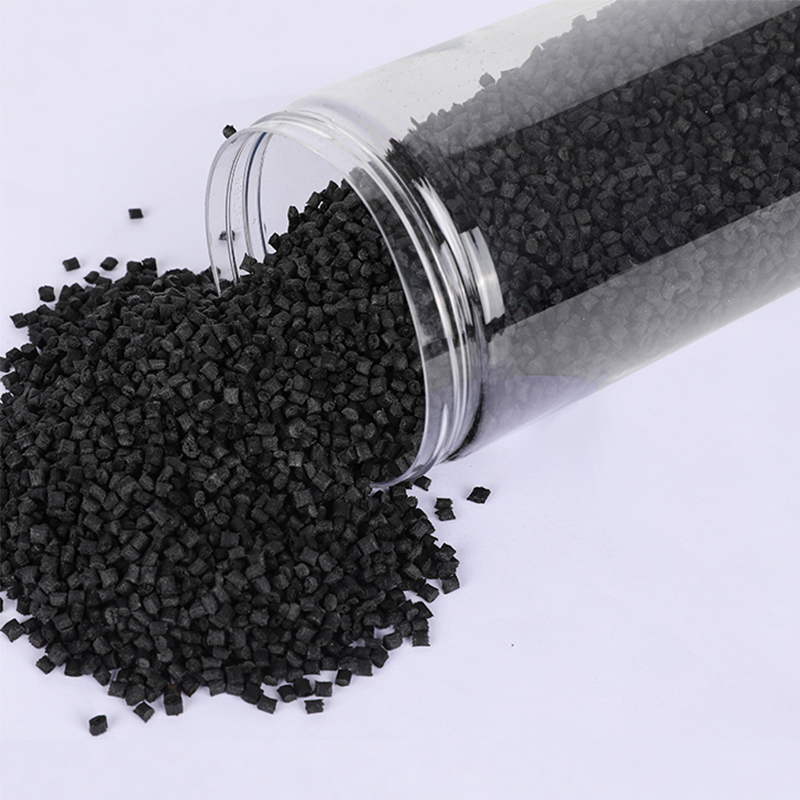Stay up to date with our recent products
Web Menu
Product Search
Exit Menu
Unlocking Sustainability: The Feedstock Sources of RPA Recycled Polyamide
As the world shifts towards more sustainable practices, Recycled Polyamide (RPA) has emerged as a critical player in the quest for eco-friendly materials. RPA, which derives from the recycling of polyamide, notably nylon, serves as a testament to how we can repurpose existing resources to mitigate environmental impact. But what exactly are the main sources of feedstock for RPA production? The answer lies in the careful collection and processing of various waste streams, primarily categorized as post-consumer and post-industrial materials.
The primary source of feedstock for RPA production is post-consumer waste, which encompasses items that have completed their life cycle in consumer markets. This category includes discarded textiles such as old clothing, carpets, and industrial fabric remnants. For instance, when consumers clean out their closets or when fashion brands conduct take-back programs, they often send these discarded nylon products to recycling facilities. In these facilities, the materials are sorted, cleaned, and processed to break them down into their base polymer form. The beauty of utilizing post-consumer waste lies in its potential to significantly reduce the volume of waste that ends up in landfills, while simultaneously providing a valuable resource for new product development.

In addition to post-consumer sources, post-industrial waste plays a crucial role in feeding the RPA production pipeline. This type of waste refers to surplus materials generated during manufacturing processes, such as scrap nylon or defective products that do not meet quality standards. By reclaiming these materials, manufacturers can directly feed them back into the production cycle, creating a closed-loop system that minimizes waste and maximizes resource efficiency. For example, a textile manufacturer may produce a batch of nylon fabrics and have a portion that is not suitable for sale due to minor defects. Instead of discarding this material, it can be collected and recycled, contributing to the overall supply of recycled polyamide.
Another important source of feedstock is industrial waste generated in sectors like automotive and construction, where polyamide is used in various components. Items such as discarded plastic parts, old upholstery, or remnants from production processes can be processed to recover valuable polyamide content. This approach not only helps in sourcing feedstock but also aligns with broader sustainability initiatives by encouraging industries to adopt recycling practices. The interplay between these different waste streams—post-consumer and post-industrial—creates a versatile and reliable supply chain for RPA, driving its growth in various applications.
Recycling technologies have advanced significantly, allowing for the efficient transformation of these waste materials into high-quality recycled polyamide. Processes such as mechanical recycling, where materials are physically processed to remove impurities, and chemical recycling, which breaks down polymers into their original monomers for reconstitution, are key to ensuring that the feedstock used in RPA production meets industry standards. Manufacturers are increasingly investing in research and development to improve these processes, which enhances the overall viability of recycled materials in comparison to virgin polyamide.
As demand for sustainable materials grows, the importance of these feedstock sources cannot be overstated. The Recycled Polyamide market is expanding rapidly, driven by the fashion industry, automotive sector, and other manufacturers seeking to lessen their environmental footprint. By harnessing the potential of both post-consumer and post-industrial waste, industries can significantly reduce reliance on virgin resources while simultaneously contributing to a more circular economy. The journey of RPA from waste to resource not only showcases innovation in material science but also highlights a collective responsibility towards sustainability. Ultimately, as we explore the various sources of feedstock for RPA production, we unlock new avenues for creativity and efficiency that benefit both businesses and the planet alike.
As China PCR Recycled Plastic Granules Factory, We always adhere to the experience and philosophy of "keeping up with the times, constantly innovating, developing efficiently, and cooperating for mutual benefit"

Address: No.11, Wangzhuang Section, Provincial Road 01, Daqiao New Area, Economic Development Zone, Haiyan County, Jiaxing City, Zhejiang Province, China
Phone: +86-18058285678
Fax: +86-0573-86868101
E-mail: [email protected]
SUNRISE GROUP(Overseas Exclusive Agent)
www.sunrisechemical.com
2024 ICIS Global Chemical Distributor Top 8
Export Sales Manager:Helen Zhang
Mob/Whatsapp: +86 19883063465
Email: [email protected]
Copyright © Jiaxing Anyiju Plastic Industry Co., Ltd. All Rights Reserved

 简体中文
简体中文 English
English







